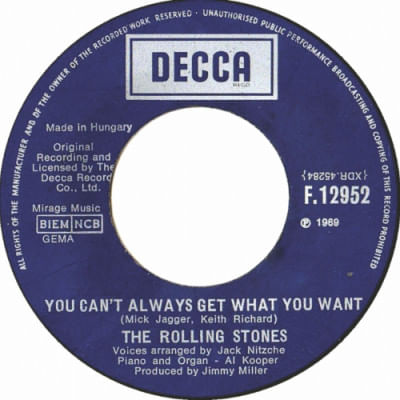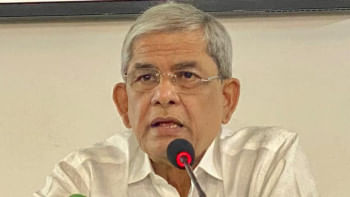HAPPINESS IS A FUNCTION OF NEED, NOT GREED

You have a fixed amount of two goods: X and Y. You like both X and Y. A kind person offers you a little bit more of only X (or only Y). You accept. You're happier now than you were before. Graphically, you're moving either vertically up or horizontally right. Both movements make you happier than before.
The kind person now offers you a little bit more of both X and Y. You jump for it. Graphically, this means moving north-east from where you are now. A movement towards the north-east is logical. If you like something and you can get more of it then you prefer it to the less that you have at the moment. Although intuitively appealing, the hypothesis of 'more is preferred to less' can mean that people fail to separate greed from need.
The kind person again offers you more of both X and Y. You're elated once more. You move a little bit more towards the north-east. The kind person appears again. Again, he offers a little bit more of both X and Y. Again, you happily accept.

As you receive more and more of X and Y, you start to become less and less happier than before. You stop becoming happier, when your needs (demand) for X and Y have been fulfilled because there's an upper limit to enjoying X and Y. The kind person offers you more of both X and Y. Now we've reached a critical point.
Let's assume you fail to understand that you can't become happier after receiving a maximum of both X and Y, but you say yes to the kind person thinking more will make you happier. What will happen? You'll be a little less happy than before. You've crossed the maximum amount of X and Y that could have made you happy. You're no longer moving north-east. You're moving towards the south-east now. That's moving downwards, isn't it? You're now getting less and less happy in spite of getting more and more of X and Y from the kind person.
After the maximum, if you carry on accepting the kind person's gift, you're surrendering to greed, not fighting any more for need.
Money and wealth make us happy only as long as we truly need them. The emphasis is on 'need'. After reaching a maximum, more money and wealth don't necessarily translate to more happiness. After the maximum point, if we still hanker after money and wealth for the sake of doing so, we become greedy. We don't 'need' them, but we chase them in a mad rat race.
If you really need something and you work hard towards getting it, you feel happy in the end when you do get it. If you never really needed something to begin with, then wanting it won't feel like a good idea in the end if you do get it. There is a distinction between need and greed. You won't get everything in life, but then you could get something that you need. Which one's better? Food for thought.
Asrar Chowdhury teaches economic theory and game theory in the classroom. Outside he listens to music and BBC Radio; follows Test Cricket; and plays the flute. He can be reached at: [email protected]

 For all latest news, follow The Daily Star's Google News channel.
For all latest news, follow The Daily Star's Google News channel. 



Comments